Lawyers representing US President Donald Trump’s administration faced a barrage of questions from the country’s Supreme Court over the tariffs introduced by the American leader earlier this year. The questions were hurled at Trump’s team during Wednesday’s argument over central elements of Trump’s tariff program, The New York Times reported.
As per the report, the questioning, while not uniformly sceptical, was at odds with the portrait of the court that had emerged after it allowed more than 20 emergency orders issued by Trump, at least temporarily. While the court put the tariff argument on a fast track, it followed full briefing and is poised to yield a substantial, and most likely landmark ruling in the case.
The judgment is likely to elaborate on the scope of the presidential powers. According to the NYT, there was substantial evidence that several of the court’s six Republican appointees were troubled by aspects of the administration’s arguments.
The key question
One of the key questions during the argument was how specific the US Congress have to be. “The statute doesn’t use the word ‘tariffs, ‘" said Chief Justice John G. Roberts Jr, referring to the words of a statute.
The Trump administration argued that a 1977 law, the International Emergency Economic Powers Act, authorised Trump to impose a vast tariff program. However, the position faces a major roadblock, i.e. the law does not use the word ’tariffs’ or similar terms like “duties,” “customs,” “taxes”, or “imposts.”
Chief Justice Roberts and other members of the court questioned whether the law permitted tariffs if it did not use the word or a synonym for it. Some justices also noted that no other president had invoked the law to impose tariffs in its nearly 50-year history.
“General Sauer, can I just ask you a question? Can you point to any other place in the code or any other time in history where that phrase, together, ‘regulate … importation,’ has been used to confer tariff-imposing authority?” Justice Amy Coney Barrett asked. D. John Sauer, the solicitor general replied that even if the law did not mention “tariffs,” it allowed the president to regulate importation and that those two quoted words justified the administration’s expansive tariffs program.
Quick Reads
View AllSauer pointed to the predecessor of the 1977 law. However, he could not cite any other statute in which the power to regulate imports had been interpreted as the power to impose tariffs. It will be interesting to see how the Conservative justices would react to this lack of citation since they are traditionally known to adhere to the words of statute.


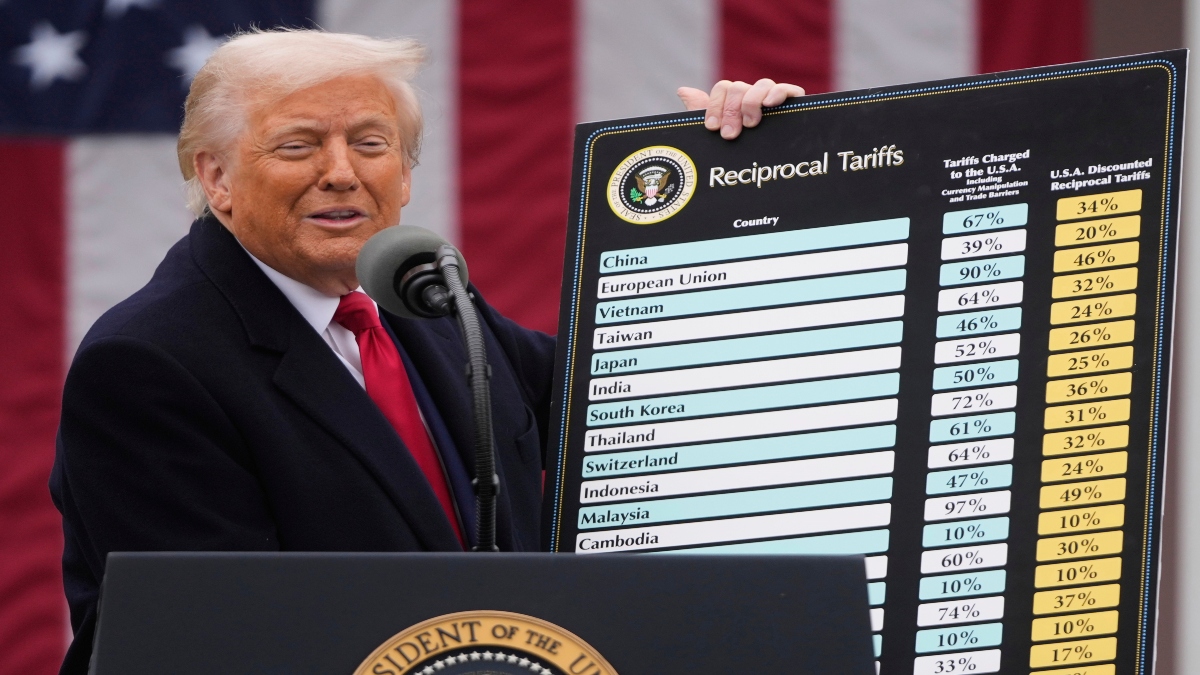)

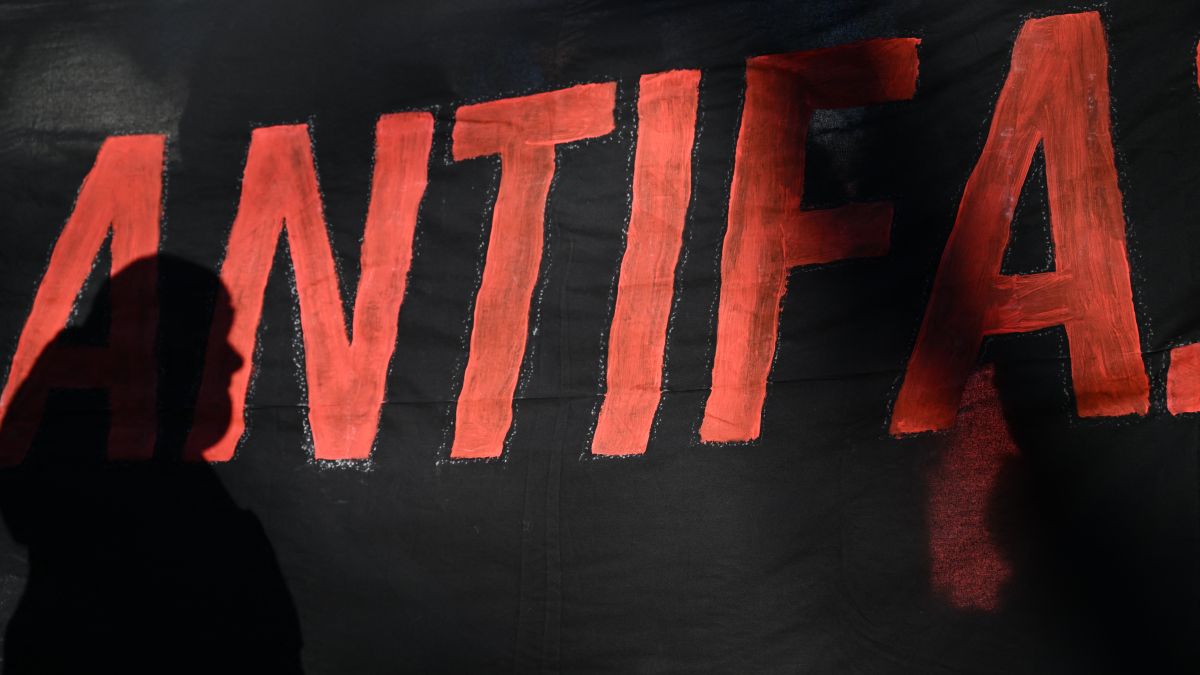)
)
)
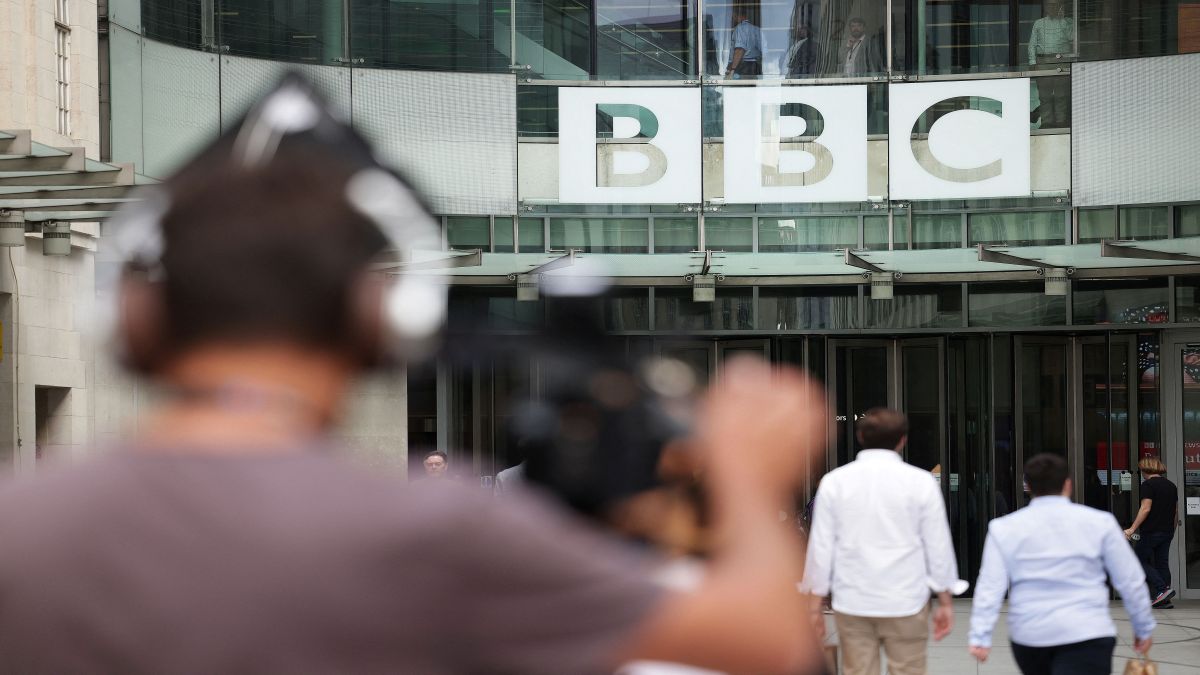)
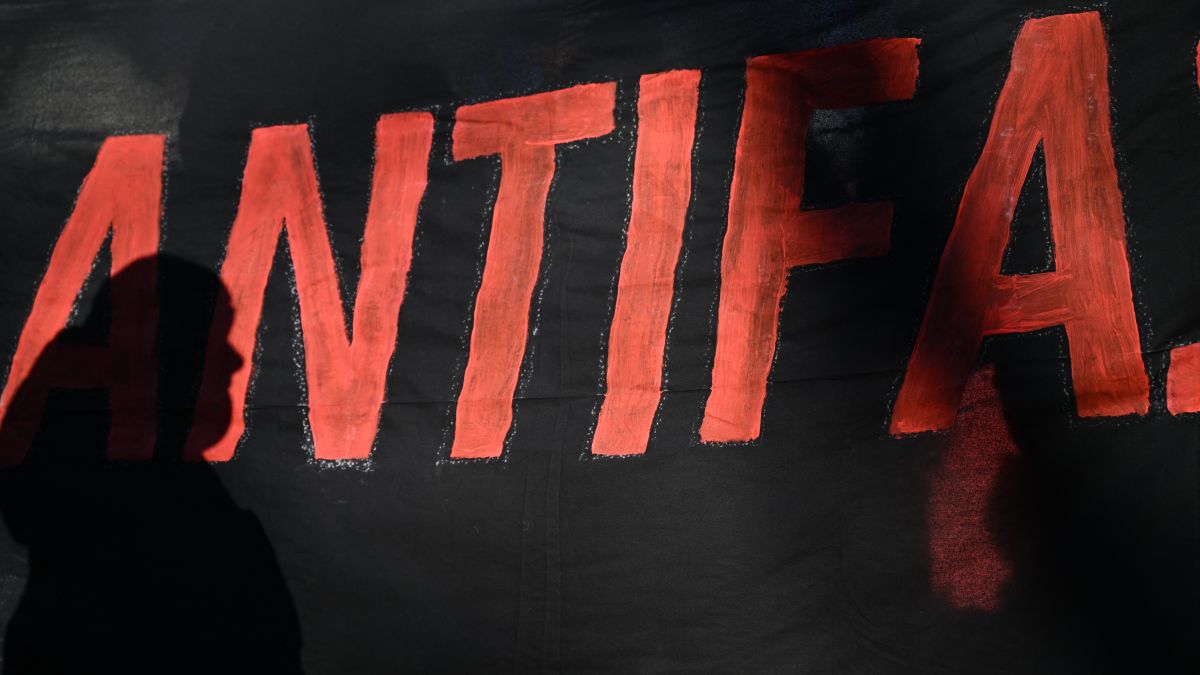)
)
)
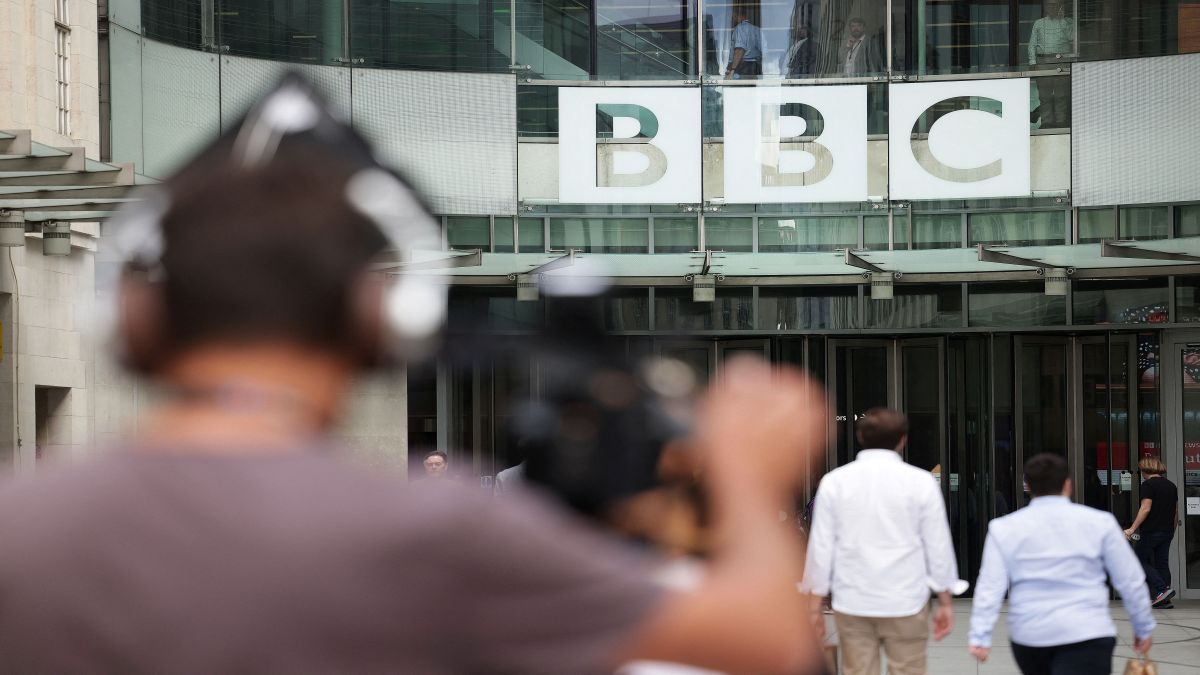)



